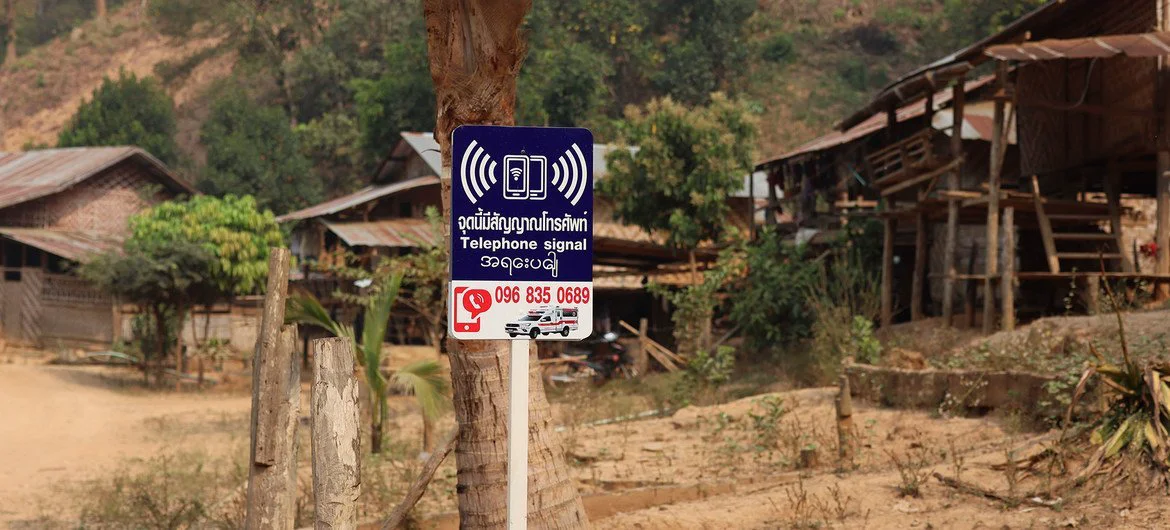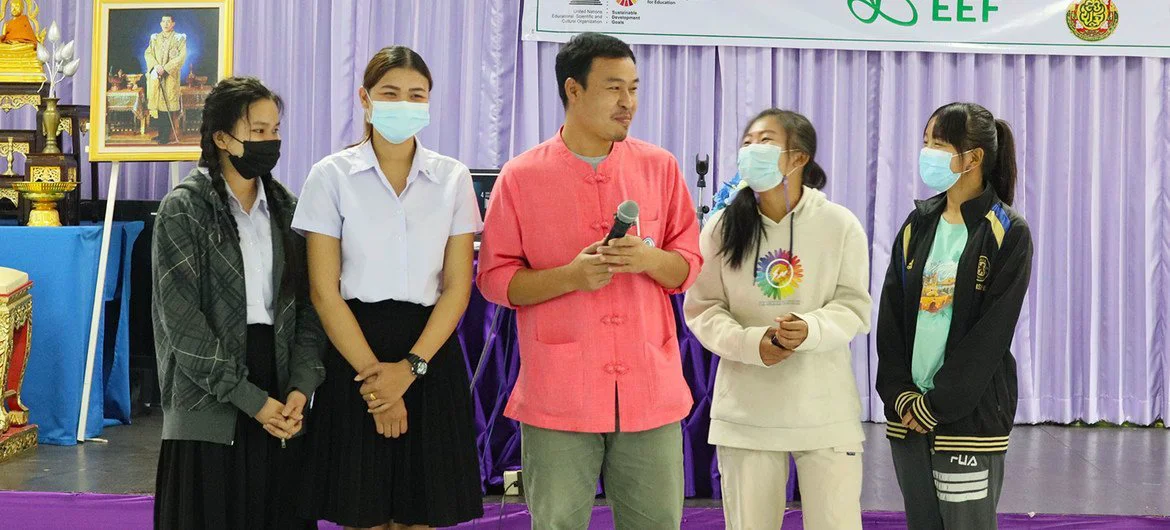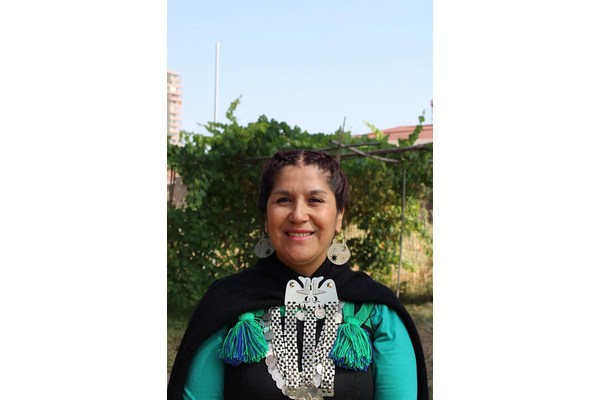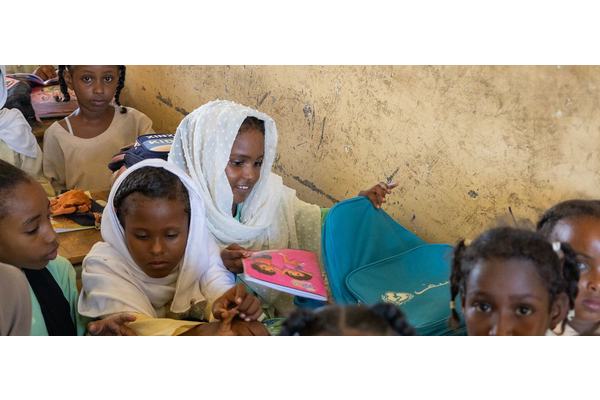The more you learn, the more you earn: education and poverty alleviation in Thailand | UN News
A good education is often seen as a route out of poverty, but many disadvantaged children are unable to finish school. In Thailand, a project involving the UN Educational, Scientific and Cultural Organization, UNESCO, is linking academic achievement to cash rewards, providing tangible benefits to marginalized families, and helping kids to stay in school.
Starting in July 2020, Learning Coin has expanded to support nearly 500 disadvantaged children across Thailand, from ethnic minority and stateless communities in Mae Hong Son, to disadvantaged Thai children in the southern Yala region.
The students can access multiingual content on their tablets, including lessons and reading materials. By logging data from the tablets on a daily basis, the Learning Coin app can work out how many hours each student has spent accessing the material, how consistently they have worked, and the answers they submit. Based on this information, students are awarded between 800 and 1,200 baht ($25-38) each month, accounting for as much as 10 per cent of average family income in these communities.
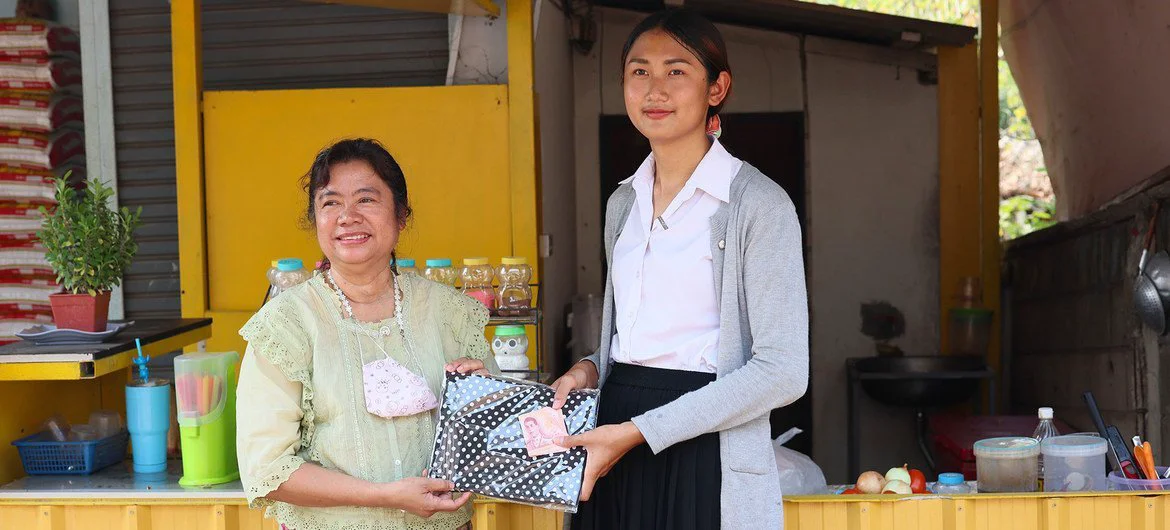
Pandemic threatens permanent learning loss
“Whilst innovations such as Learning Coin are having a positive impact, they need to be matched at the policy level, with initiatives that address financial need and wellbeing and counter discrimination and lack of access to resources”, says Gita Sabharwal, the UN Resident Coordinator in Thailand (the highest-ranking representative of the UN development system at the country level). “There are still considerable challenges facing equitable education for ethnic and linguistic minority learners, girls and young women, and the most marginalized communities”.
The COVID-19 pandemic has added to these challenges, affecting marginalized communities first and most severely, causing major disruptions to education systems, and threatening permanent learning loss. Girls and young women are disproportionately at risk of losing access to their education during the pandemic, as they tend to bear the burden of family duties.
“These children have the same potential and aspirations as any others”, says Ms. Sabharwal. “As they try hard to support their families, their dreams are varied and brimming with hope: to become a doctor, an athlete or an interpreter, to live full lives within and for their community. These are the dreams that build healthy and more equitable societies for all”.
